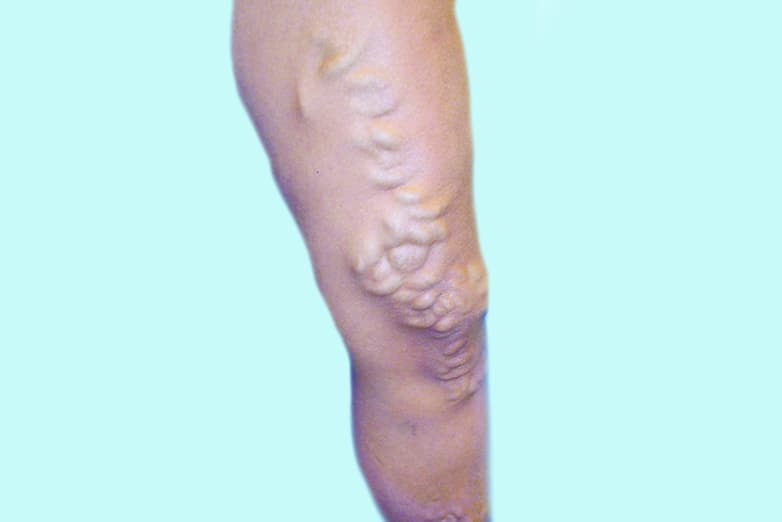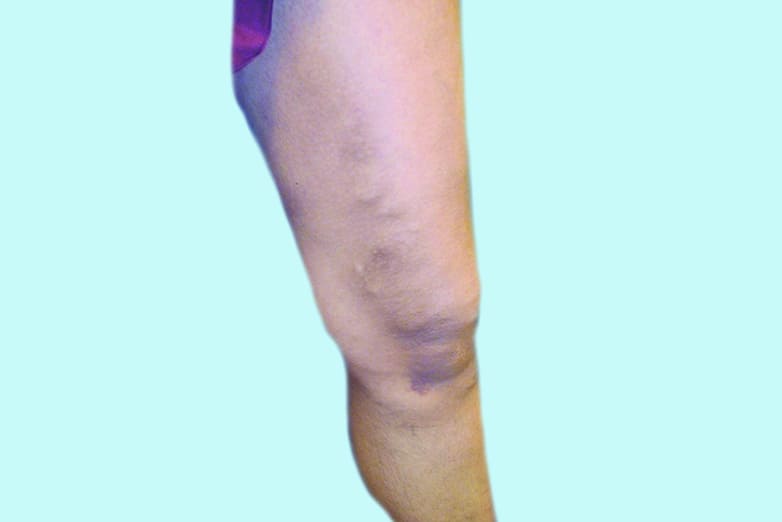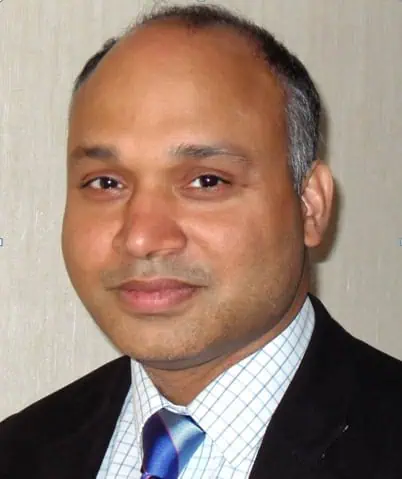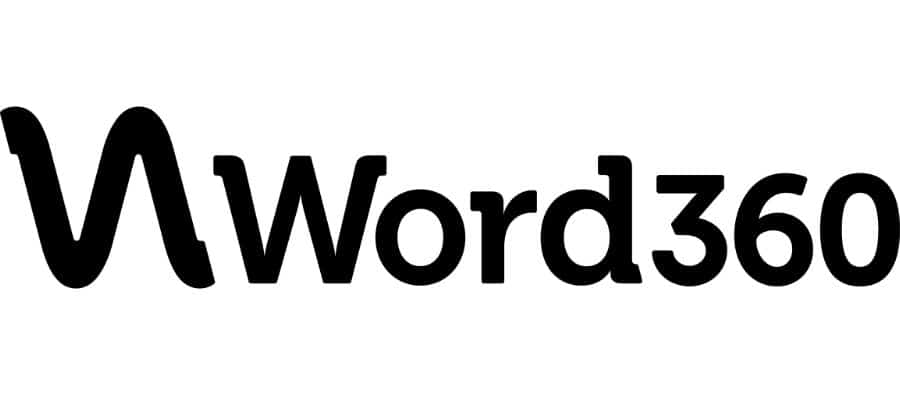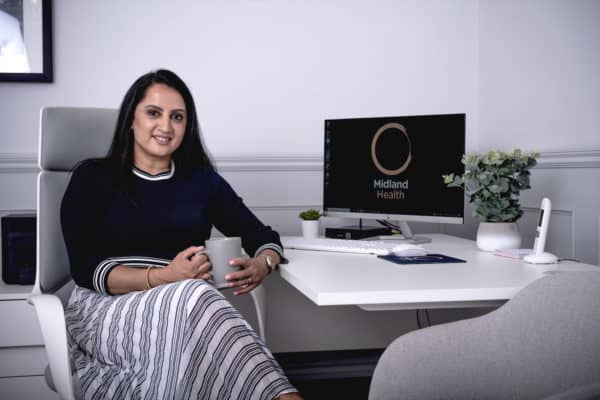
We took our 4 month old daughter due to rash from suspected allergies, as NHS GP appointment did not lead to answers/ referrals. An appointment was available for two days later at Midland Health.
Her allergies were confirmed in one...

I had waited years on the NHS regarding my mild tongue tie. I had a frenectomy carried out by The NHS Coventry Hospital their maxilliofacial department, which was a bit of a fight to get as it seemed they considered...

Excellent, service Dr Kudlur was very kind and knowledgable and didn’t interrupt me (Which I think would have been reasonable as I overran our time!)

From my personal experience, I am so grateful to be in a position where I was able to book a private assessment for diagnosing my ADHD with Dr Kudlur.Due to my circumstances, this prognosis required immediate action, whereas the NHS...

Mine experience was very good 👍. Dr very nice and polite. She checked my son very well and he improved .

Dr Naganna and the other members of the team were excellent when we attended with our daughter. They were thorough and answered all our questions. An excellent team and an excellent location

I’ve had two treatments so far with Emma Conway, just want to say she is absolutely brilliant - still on the journey to achieve my results but she really makes an effort and cares, she provides great customer service even...

Received excellent and consistent support with no issues and I recommend the service fully.

Yes I was happy with my consultation

I urgently needed to see a dermatologist and was so pleased I got an appointment with Midland Health very quickly. My consultation went very well and I was given very useful information about my skin condition. I'm pleased to say...

I used Midland health for a medical and they were exceptional with dealing with my case. Highest regards goes to the very helpful Paul Pencilu at reception.

Had an ultrasound scan with Andrea, and she was amazing! She was extremely reassuring and made me feel very comfortable. Thank you!

Dr Smotra was very thorough and completely put me at ease during my appointments. Reports were sent out straight away.

I have been using Midlands Health since 2019 for all my Medical Needs, they are an amazing organisation and provide the best of care for their patients whom they genuinely care about. If you are looking for the best GP’s...

Very professional, punctual and effective

A very well deserved 5 star review Midland Health Clinic.
The reception team are so welcoming, efficient and professional.
I had an appointment with the Consultant Dr Sam Smith who reviewed my medical problems and gave me his professional clinical advice which...

Went in today for a last minute blood test phoned them up got an appointment straight away, staff were professional, efficient and made you feel comfortable. Big thanks to Veronica the nurse and Martha at reception!

I've had an incredibly positive experience with Dr. Rostamipour at Midlands Health Private GP. He has been incredibly supportive throughout my ADHD assessment and care. Dr. Rostamipour's holistic approach has been invaluable in guiding me through my treatment and medication...

Just got a tongue tie release today by Dr Amit Parmar and the experience was excellent. Firstly Dr Parmar is very polite, nice and informative about each step of the procedure. I was nervous initially but after speaking with Dr...

I came here after nhs was so rude to me, I am a profoundly deaf women and nhs made me feel so small, so I came here for an audiology test, Mohammed (mo) who did my test was amazing I...

Louise made me feel so relaxed and sorted my problem in a warm and professional manner in lovely surroundings. I highly recommend 👌

Dr Ho has taken over my daughters Care and we feel very reassured that she going to be well looked after now.
Midland health have been very helpful in all areas and have provided an outstanding service so far.

Thank you, Mr Parmar for performing a minor procedure that was unavailable on the NHS but is already having such a positive impact for my daughter. She was completely put at ease and all aspects of pre and post care...

Dr. Rupa parmer was very professional.
The reception is kind and everyone was on time.

Having never been to a private GP before I didn't know what to expect. What I got was a lovely appointment with a lady who seemed to genuinely care about how I felt and took the time to really understand...

My wife and I are very pleased with the service provided, the doctor who saw my son for severe eczema was very attentive and answered all of our questions thoroughly....

I had an initial appointment and booked for a further follow appointment up with Dr Sarah Wright. I felt well looked after, that my concerns were listened too, with a genuine desire to help me get some answers for my...

I used Midland Health for their Gold Package Health Check. The facilities were clean and well presented in a nice area. There was parking available on site and the reception area wasn't busy at all. Staff were extremely friendly and...

the doctor was brilliant and explained my medication completely with all possible side effects. Would recommend this clinic

Wow. I attended clinic today to see Dr Kasparis for a mole mapping appointment and he was absolutely amazing. He made me feel at ease straight away and explained the process throughout. Really put my mind at ease for someone...


